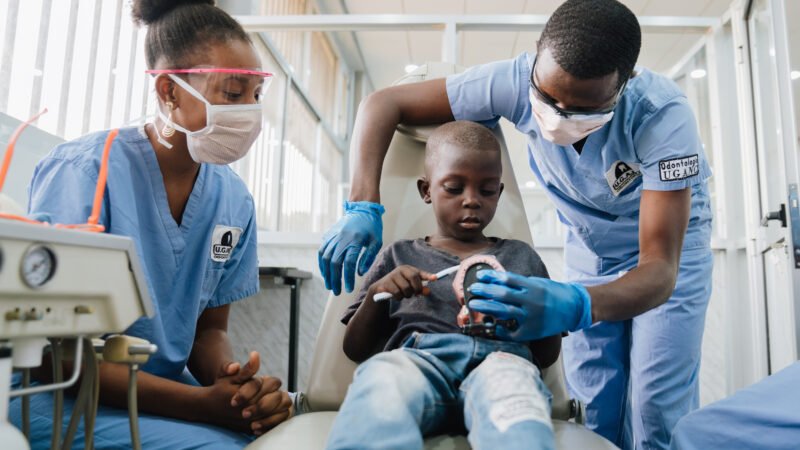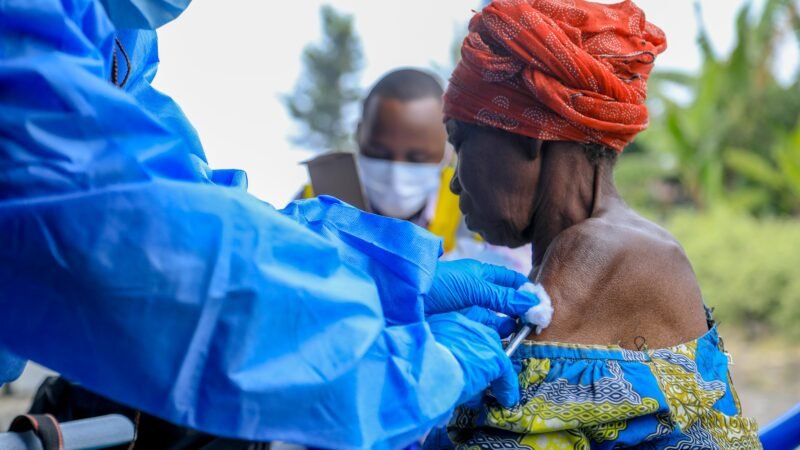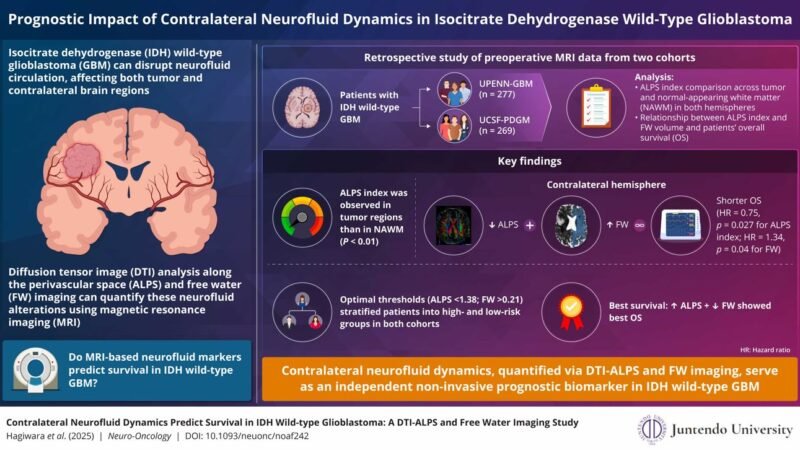The Impact of Sleep and Stress on Blood Sugar and How Technology Can Help
Blood sugar isn’t just shaped by food and exercise. Sleep quality and stress levels can have just as much impact on how the body handles glucose. Joe Kiani, founder of Masimo and Willow Laboratories, recognizes the role of technology in helping people better understand these connections. From wearable devices to artificial intelligence, innovations are making it easier to track how sleep patterns and stress levels influence blood sugar fluctuations.
With access to this kind of real-time data, individuals can begin to make more informed decisions. By identifying how their daily habits affect glucose response, people are better equipped to manage long-term health outcomes.
![blood sugar representation image [Photo by Towfiqu barbhuiya: https://www.pexels.com/photo/close-up-of-a-person-using-a-glucometer-11354239/]](http://ourdailynewsonline.com/wp-content/uploads/2025/05/pexels-towfiqu-barbhuiya-3440682-11354239-scaled.jpg)
Quality sleep is essential for maintaining stable blood sugar levels. Studies indicate that inadequate sleep can lead to insulin resistance, increased appetite and greater difficulty in glucose control. Sleep deprivation triggers hormonal imbalances, including elevated cortisol levels, which can lead to higher blood sugar readings and an increased risk of type 2 diabetes.
New technology can now provide a more detailed look at how blood sugar responds to different sleep durations and qualities. These devices help identify disruptions such as sleep apnea, nighttime awakenings and variations in deep versus light sleep, all of which can influence glucose stability.
AI-driven analytics can further refine this data, offering personalized recommendations for sleep hygiene, such as adjusting bedtime routines or optimizing sleep environments. By monitoring sleep trends, individuals can make targeted changes to improve glucose regulation and overall metabolic health.
Stress and Its Impact on Blood Sugar
Chronic stress is another major factor affecting blood sugar levels. When the body perceives stress, it releases cortisol and adrenaline, which trigger glucose production to provide immediate energy. While this response is beneficial in short bursts, prolonged stress can lead to consistently elevated blood sugar levels, contributing to insulin resistance over time.
Technology has made it easier than ever to track and manage stress. Wearable devices measure Heart Rate Variability (HRV), a key indicator of stress response, while AI-powered health apps analyze mood patterns and physiological markers to detect early signs of stress-induced glucose fluctuations.
Managing diabetes often involves constant monitoring and decision-making, which can take a toll over time. Digital tools that turn complex data into personalized, easy-to-understand guidance can help reduce that burden. Joe Kiani put it plainly: “We have a real responsibility and an opportunity to change people’s lives for the better. And it’s not easy. But it’s everything.” That perspective aligns with a growing push to make diabetes care more manageable, giving patients tools that support consistency and confidence.
How Technology Provides Actionable Insights
The integration of AI, CGMs and smart health devices allows for a more comprehensive understanding of how sleep and stress interact with blood sugar regulation. These technologies provide actionable insights that enable individuals to make real-time adjustments to their routines.
For example, a CGM linked to a smart health app can notify users when their blood sugar rises during stressful moments or after a poor night’s sleep. Personalized feedback can suggest stress-relief techniques, such as guided breathing exercises, meditation or light physical activity, to stabilize glucose levels. Sleep-tracking apps can recommend optimal sleep windows based on past patterns, improving overall metabolic health.
By leveraging real-time data, individuals can develop personalized strategies to enhance both sleep quality and stress management, ultimately leading to more stable blood sugar levels and better overall health outcomes.
The Future of Personalized Blood Sugar Management
As technology continues to grow more complex, the future of blood sugar regulation will become increasingly personalized. Advancements in AI, machine learning, and biometric tracking will improve the precision of health insights, helping individuals spot patterns and make adjustments to their behaviors more easily.
Newer generations of CGMs will likely integrate even more seamlessly with wearables and health apps, offering granular, context-based feedback. This could include sleep quality assessments related to nighttime glucose variability or stress response alerts paired with breathing exercise prompts. Users will not only see data, but they’ll also receive immediate suggestions tailored to their health profiles.
The integration of stress management and sleep tracking with CGMs will enable a holistic approach to diabetes care. Health platforms will continue to expand, offering more tailored interventions, interactive coaching and predictive analytics to help users stay ahead of glucose fluctuations before they become problematic.
Healthcare providers are beginning to integrate these digital tools into routine clinical care. By reviewing CGM data alongside sleep and stress metrics, clinicians can offer more tailored treatment plans and catch early warning signs that might otherwise go unnoticed. In some cases, this data-driven approach is also informing preventative care strategies, giving providers a clearer picture of what’s happening between visits and helping patients stay on track between appointments.
Expanding these tools into public health initiatives and employer wellness programs could also make personalized metabolic monitoring more widespread. As adoption grows, people from a wider range of backgrounds will gain access to the benefits of real-time, responsive care that supports sustainable lifestyle change.
Advancing Blood Sugar Management Through Better Sleep and Stress Awareness
Understanding the link between sleep, stress and blood sugar regulation is crucial for achieving better health outcomes. Many individuals may not realize how deeply interconnected these elements are until they begin monitoring their data. Even subtle changes in sleep quality or stress levels can lead to measurable differences in glucose response. Poor sleep, for instance, can impair insulin sensitivity, while chronic stress may trigger hormonal fluctuations that spike blood sugar levels.
By consistently tracking and responding to these variables, people can begin to take a more proactive approach to wellness. This awareness promotes healthier decisions and helps people better understand what triggers blood sugar fluctuations. Advanced technology such as AI-driven analytics, wearable trackers and CGMs can help individuals gain real-time insights into their metabolic health and make proactive changes to improve their well-being. Over time, this data-driven strategy supports more sustainable habits, better energy levels and enhanced long-term health.



